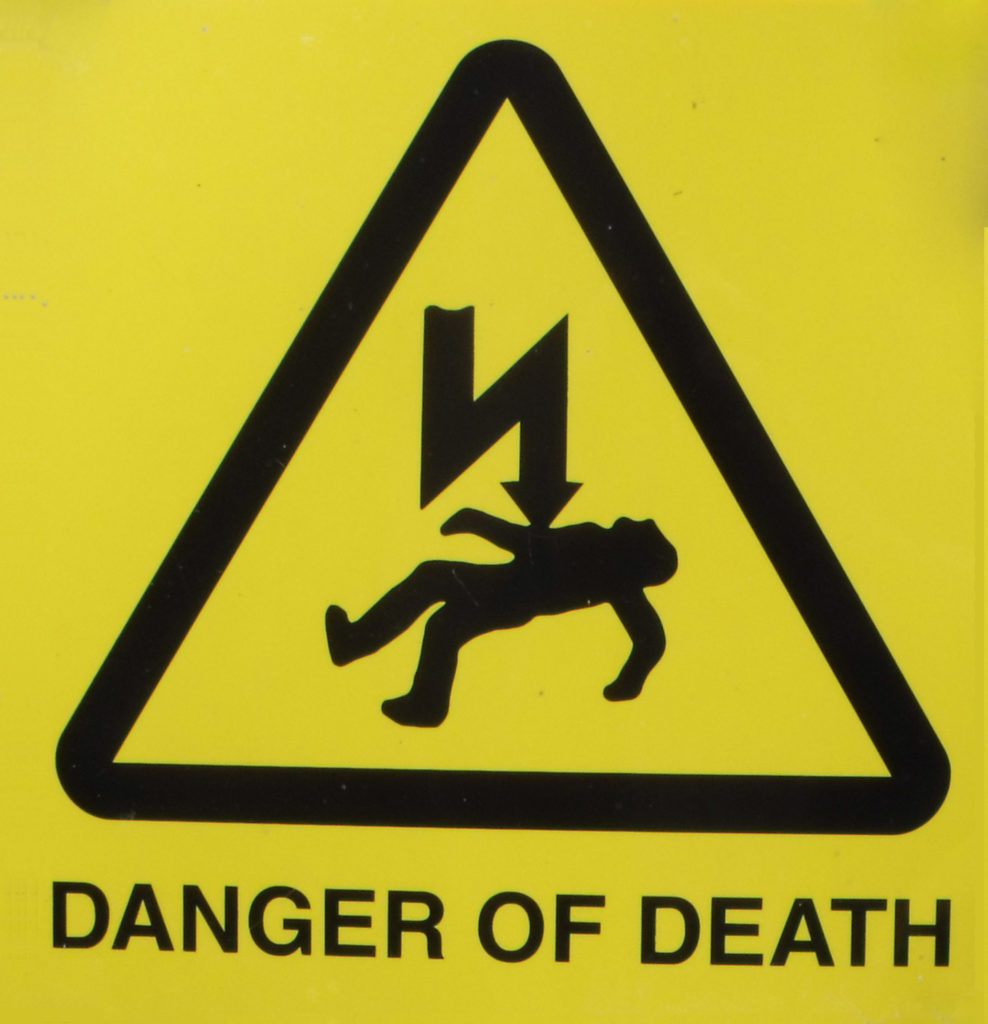Here are five hidden dangers that new traders need to be aware of before they begin trading live with real money.
- Market liquidity: The spread between the bid and the ask prices can result in losses of capital when both entering and exiting a trade. The biggest dangers for large bid/ask spreads are with thinly traded future contracts, options, and OTC penny stocks. The bid price is what someone will buy for and the ask is what they are asking to sell at. If you trade 100 shares or contracts that have a $1 spread you will lose $100 per 100 shares or contracts traded. You can lose $200 for a round trip. Always look to trade markets with tight bid/ask spreads with high volume and on the main exchanges.
- Commission costs can add up if commissions are high, if you over trade, or a trading account is small. If your commission costs is $10 then a round trip for an entry and exit can cost you $20. If you have one round trip trade a day for a $20 cost and 250 trades a year, your commission expense is $5,000 a year. Be sure your profit expectations are enough to offset the expense of commission costs.
- Taxes will take a large percentage of your active trading with both long term capital gains, short term capital gains, and even dividend taxes for longer term holds. You can pay a 15%-20% tax rate on your profits depending on your tax bracket. On each $10,000 in profits you can expect to pay $1,500 to $2,000 in income tax. If you are trading for long term capital gains consider trading inside a tax deferred account like a 401K, 403B, or an IRA if your don’t need the money for a long time. It will grow tax free until you need it, then you will be taxes as you take it out.
- Bear markets: If the market is in a downtrend all stocks will go down regardless of fundamentals or the quality of the business. When you buy is just as important as what you buy in the stock market.
- Trading real money in real time is different than backtesting a trading system, theories, opinions, or predictions. Learning to deal with an equity curve drawdown and losses require a management of a new trader’s emotions, ego, and discipline.
Be careful out there. Trade small and trade safe. Grow your ability to handle trading larger.
